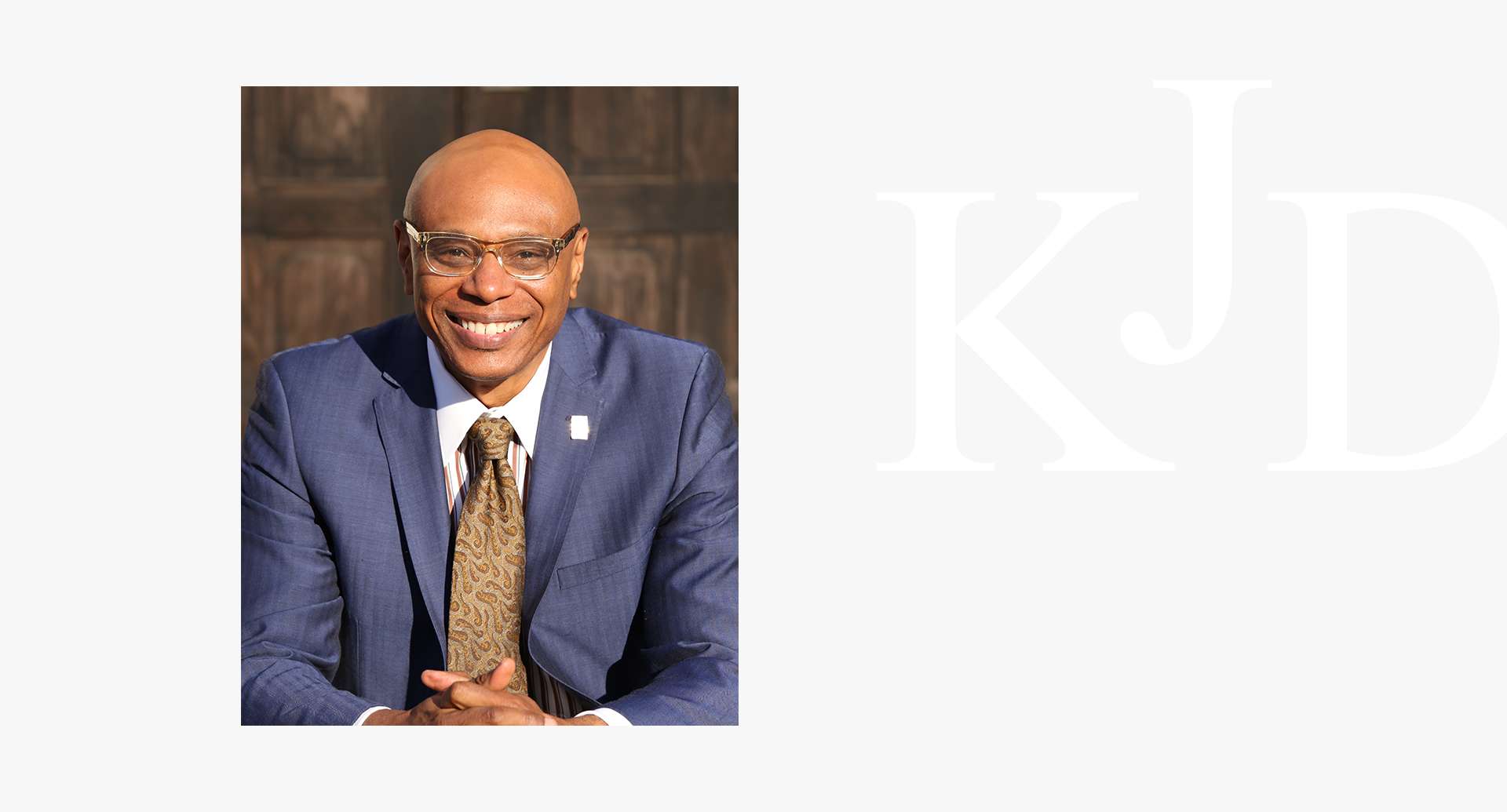Our post Wednesday discussed a number of debt collector tactics that are prohibited by federal law, but consumers heavily in debt cannot rely entirely on creditors following the rules. Even when dealing with a debt collector who is not exhibiting abusive or deceitful conduct, you must be careful with the one thing you are in control of: what you say.
If you find yourself speaking to a debt collector, here are a few things you should make sure you do during and after the conversation:
- Ask questions, take notes — You should get the debt collector’s name and contact information, but also ask for the name of the collection agency and its address as well as the name of the original creditor that says you owe the money and how much is supposedly owed. Additionally, you should also ask for a letter verifying the debt. A debt collector should provide you with all the aforementioned information, as not doing so would constitute a violation of the Fair Debt Collection Practices Act (FDCPA).
- Dispute any errors — You will have 30 days to send back a written dispute after receiving a letter from the debt collector. If the amount seems wrong or you do not think you owe the debt, the agency cannot contact you again until it is able to provide verification of the debt.
- Do not say too much — Never reveal your income or where you work. Do not provide a creditor with any information about your finances, such as where you bank or account numbers. Additional private personal information such as your Social Security number should also never be shared over the phone. Finally, never tell a collector not to contact you unless you are absolutely certain the debt is not yours.
- Keep it short and sweet — However many hardships contributed to your situation, pick one and repeat it over and over again. Providing too much information to the creditor could be used against you. Tell the collector you are unable to pay because you lost your job or you are making less money, but whichever reason you pick, stick to just that one reason.
- Negotiate (if you are able to pay) — Oftentimes the debt collector you are speaking to has purchased the debt for pennies on the dollar from your original creditor. So even if you were to settle for a fraction of the original amount of the debt, the debt collector could still turn a profit.
Most importantly, if your debts are thousands of dollars or more and within the statute of limitations, you will want to set up a consultation with our Washington DC bankruptcy attorney. A Chapter 7 or Chapter 13 discharge process may offer you legal protection from your creditors in addition to allowing you to reestablish credit so you never have to deal with debt collectors again.
Law Firm of Kevin D. Judd – Washington DC bankruptcy lawyer


